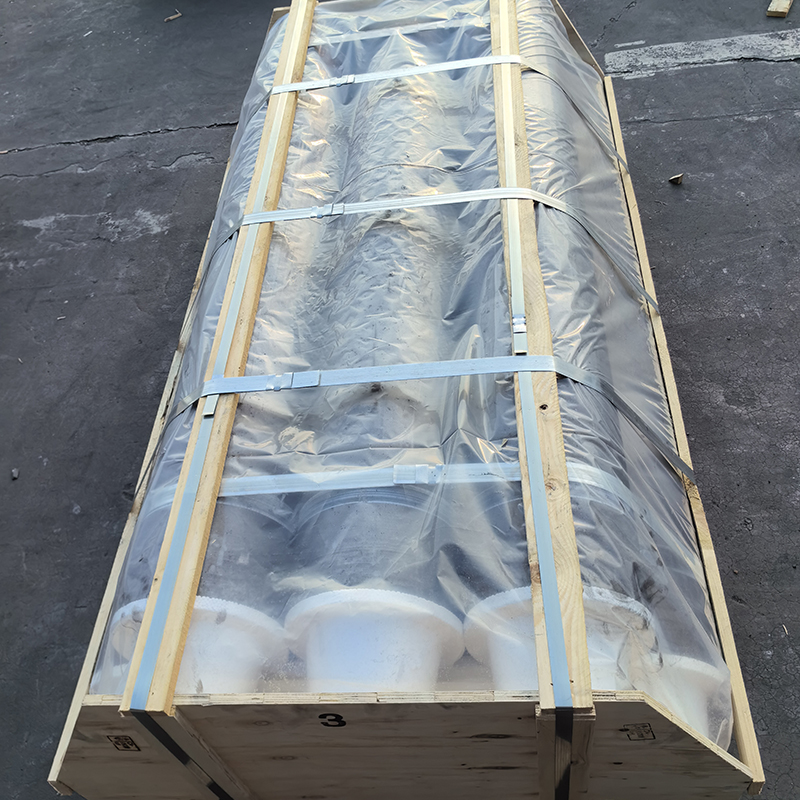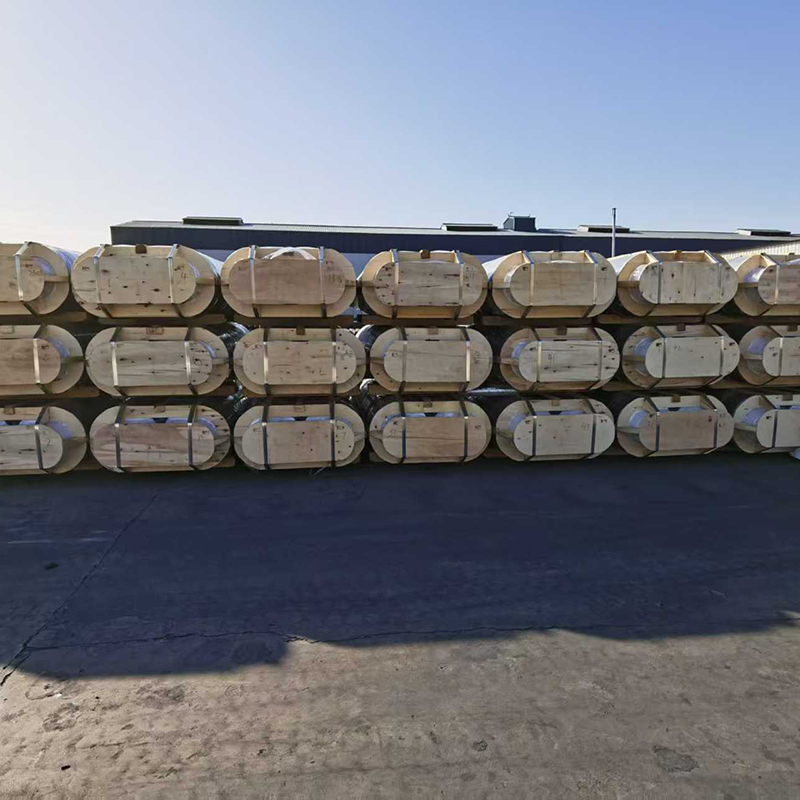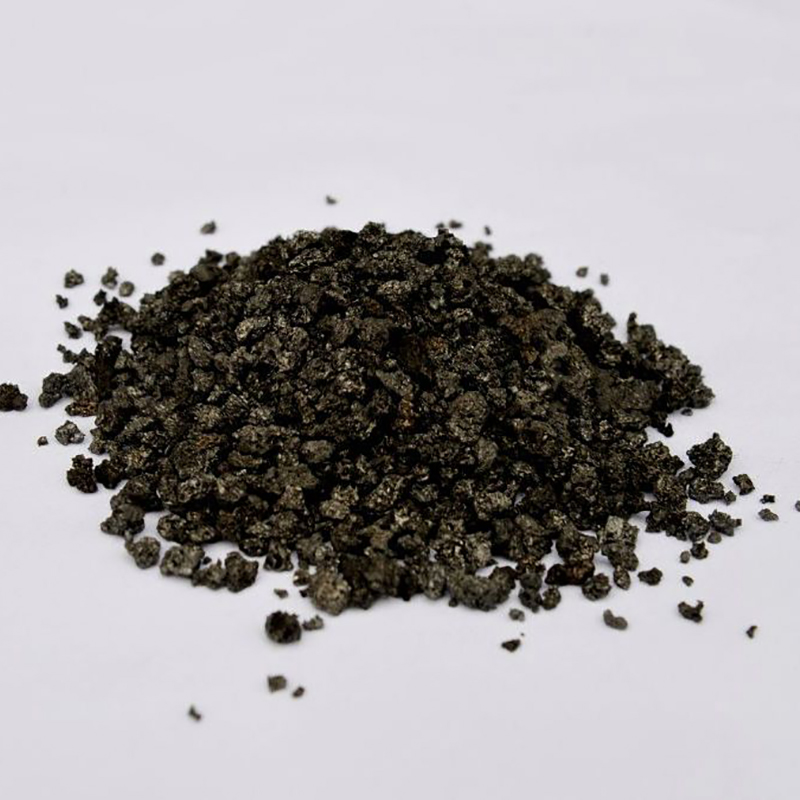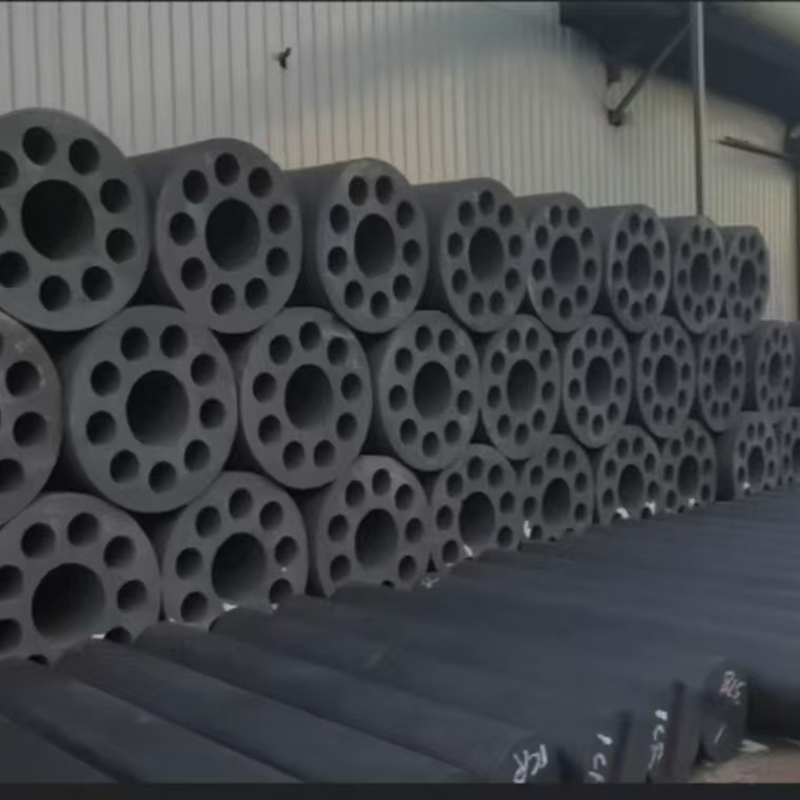- English
- Chinese
- French
- German
- Portuguese
- Spanish
- Russian
- Japanese
- Korean
- Arabic
- Irish
- Greek
- Turkish
- Italian
- Danish
- Romanian
- Indonesian
- Czech
- Afrikaans
- Swedish
- Polish
- Basque
- Catalan
- Esperanto
- Hindi
- Lao
- Albanian
- Amharic
- Armenian
- Azerbaijani
- Belarusian
- Bengali
- Bosnian
- Bulgarian
- Cebuano
- Chichewa
- Corsican
- Croatian
- Dutch
- Estonian
- Filipino
- Finnish
- Frisian
- Galician
- Georgian
- Gujarati
- Haitian
- Hausa
- Hawaiian
- Hebrew
- Hmong
- Hungarian
- Icelandic
- Igbo
- Javanese
- Kannada
- Kazakh
- Khmer
- Kurdish
- Kyrgyz
- Latin
- Latvian
- Lithuanian
- Luxembou..
- Macedonian
- Malagasy
- Malay
- Malayalam
- Maltese
- Maori
- Marathi
- Mongolian
- Burmese
- Nepali
- Norwegian
- Pashto
- Persian
- Punjabi
- Serbian
- Sesotho
- Sinhala
- Slovak
- Slovenian
- Samoan
- Scots Gaelic
- Shona
- Sindhi
- Sundanese
- Swahili
- Tajik
- Tamil
- Telugu
- Thai
- Ukrainian
- Urdu
- Uzbek
- Vietnamese
- Welsh
- Xhosa
- Yiddish
- Yoruba
- Zulu
- Kinyarwanda
- Tatar
- Oriya
- Turkmen
- Uyghur

Electrode Powder Price: A Comprehensive Guide
2025-07-17
Electrode Powder Price: A Comprehensive Guide
This guide provides a comprehensive overview of electrode powder price factors, influencing variables, and market trends. We delve into the different types of electrode powders, their applications, and the key considerations when purchasing. Discover how various factors affect cost and learn how to make informed purchasing decisions.

Understanding the Factors Affecting Electrode Powder Price
Types of Electrode Powders and Their Applications
The electrode powder price varies significantly depending on the type of powder. Common types include graphite, petroleum coke, and pitch-based electrode powders. Each possesses unique properties influencing its suitability for specific applications. For example, graphite electrode powders are often preferred for their high conductivity and thermal stability in applications like electric arc furnaces, while petroleum coke-based powders might be chosen for their cost-effectiveness in certain industries. The specific application dictates the necessary purity and particle size, ultimately impacting the electrode powder price.
Raw Material Costs
Fluctuations in the prices of raw materials, including petroleum coke and graphite, directly influence the overall cost of electrode powder. Global supply and demand dynamics, as well as geopolitical events, play a significant role in price volatility. A rise in raw material costs will inevitably lead to a higher electrode powder price.
Manufacturing Processes and Technology
The manufacturing process employed impacts the final electrode powder price. Advanced technologies may produce higher-quality powders with superior performance characteristics, justifying a higher price. However, cost-effective manufacturing practices can lead to more competitive pricing.
Market Demand and Supply
The overall market demand for electrode powder influences pricing. High demand coupled with limited supply can drive prices up, while periods of lower demand might result in more competitive pricing. Understanding the current market dynamics is crucial for effective procurement.
Purity and Particle Size
The required purity and particle size of the electrode powder also play a significant role in its cost. Higher purity and specific particle size requirements typically result in a higher electrode powder price due to the increased processing and quality control measures involved.
Navigating the Electrode Powder Market
Finding Reliable Suppliers
Sourcing electrode powder from reputable suppliers is essential to ensure consistent quality and reliable delivery. Thorough due diligence, including verifying certifications and reviewing customer testimonials, is crucial. For high-quality electrode powder, consider contacting Hebei Yaofa Carbon Co., Ltd., a leading provider in the industry.
Negotiating Prices and Contracts
Negotiating favorable prices and contracts with suppliers involves understanding market trends and having a clear understanding of your specific needs. Long-term contracts can often secure more stable pricing, especially in volatile markets. Bulk purchasing can also lead to significant cost savings.
Understanding Pricing Structures
Electrode powder price structures vary depending on the supplier and the order size. Some suppliers may offer tiered pricing, with discounts for larger quantities. Clearly understanding the pricing structure, including any additional charges for delivery or handling, is critical.

Comparison Table of Electrode Powder Types and Price Ranges
| Type of Electrode Powder | Typical Price Range (USD/ton) | Key Applications |
|---|---|---|
| Graphite | $2,000 – $4,000 | Electric Arc Furnaces, Aluminum Smelting |
| Petroleum Coke | $800 – $1,500 | Carbon Anodes, Electrodes |
| Pitch-Based | $1,200 – $2,500 | Various Industrial Applications |
Note: Price ranges are approximate and can vary based on several factors, including purity, particle size, and market conditions.
This information is for guidance only and should not be considered financial advice. Always conduct thorough research and consult with industry professionals before making any purchasing decisions.










